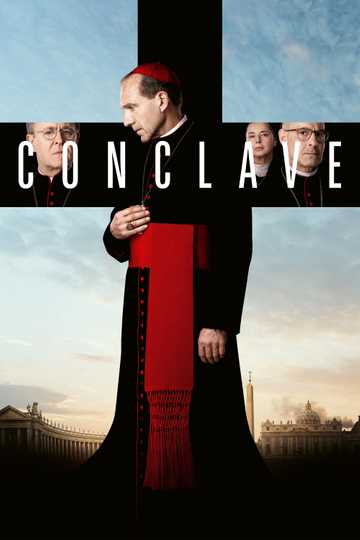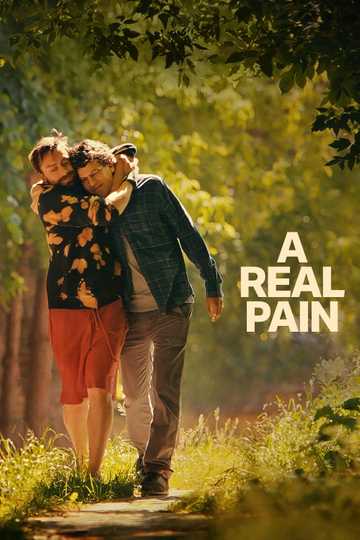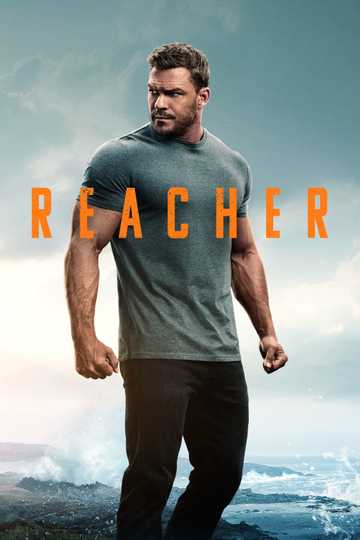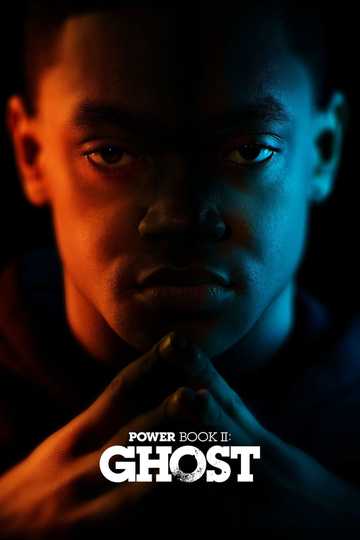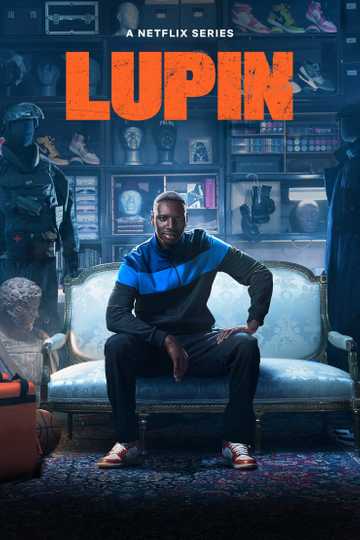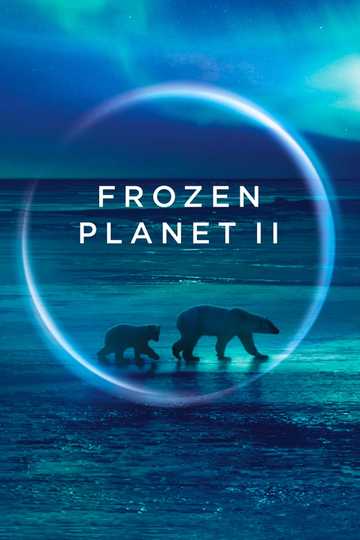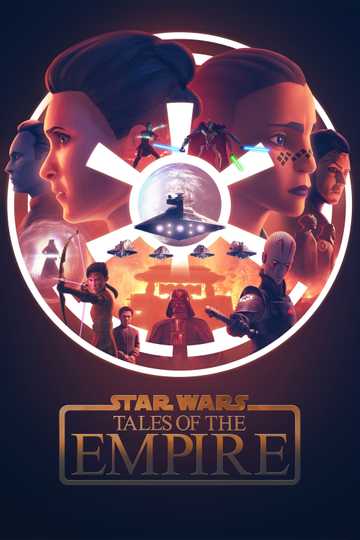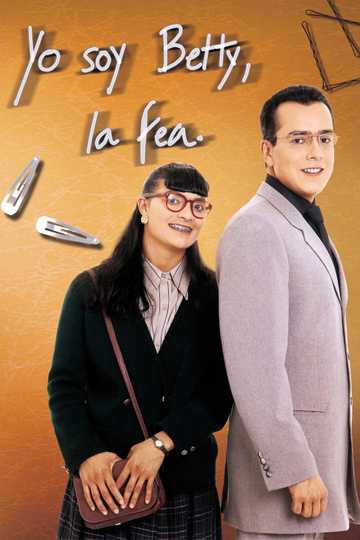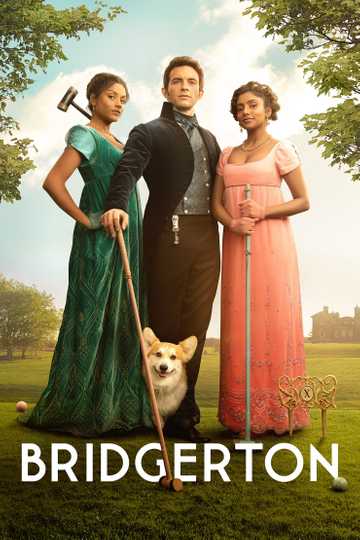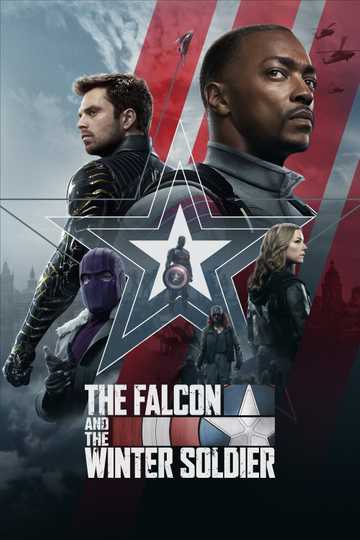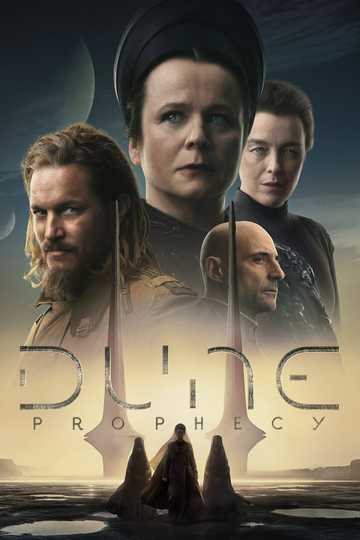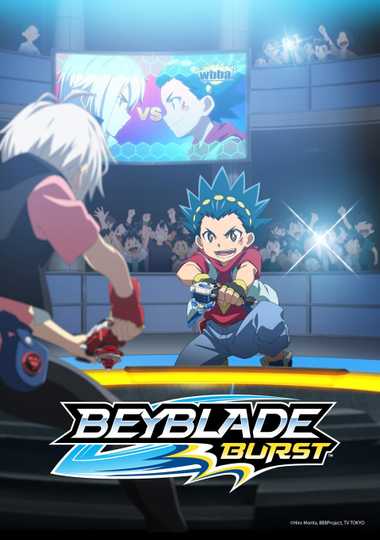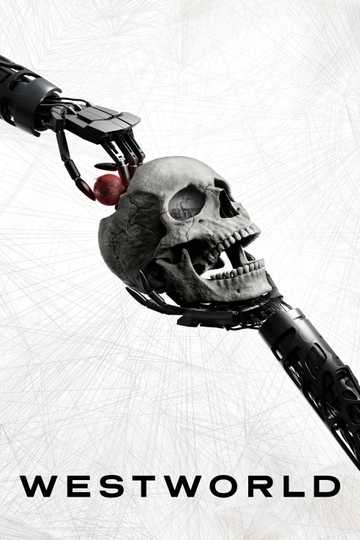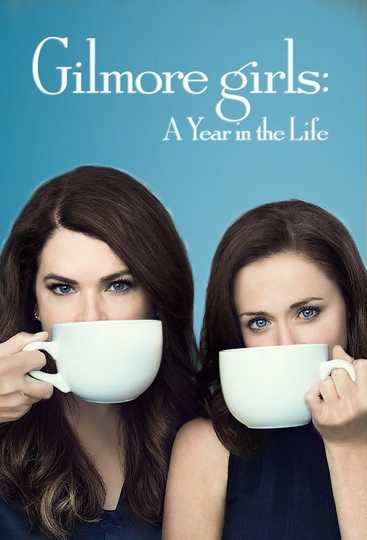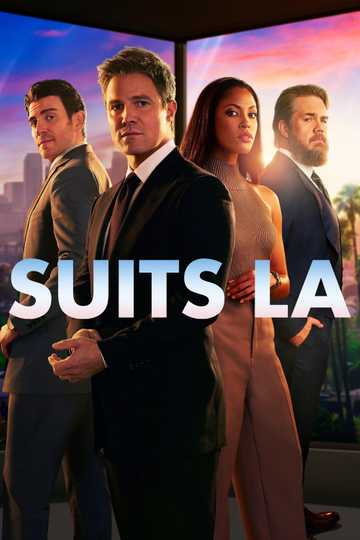Season 4 Episodes
1. Episode 1
REAGAN'S COWBOYS: Why have successive presidents celebrated the cowboy as all-American hero? THE AGE OF CHIVALRY IS DEAD: But did it ever flourish? How true is the picture painted of the knights in shining armour, enchanted castles and fabulous tournaments in medieval romance. THE HIDDEN HIPPOPOTAMUS: A hundred years ago the scramble for Africa by the European imperial powers began. Timewatch reconstructs a single incident between Christian missionary and African chieftain that suggests the dominance of European over African was not always as straightforward as might be thought.
2. Episode 2
TAFF VALE: In 1900 the railway workers of Taff Vale embarked on a strike which has political implications to this day. Timewatch examines the first great clash between the Trades Unions and the law. THE ISLAND AND ITS PAST: How the people of the Isle of Dogs in the Thames Estuary are rediscovering their past. SPECIAL BRANCH: At the height of her powers, Victorian Britain boasted that she didn't need a political police. After explosions in the Underground, the Tower of London and the Houses of Parliament, she changed her mind. Timewatch investigates the birth of the Special Branch.
3. Special: The Age of Charles II
'Let not poor Nellie starve.' With those words Charles II, the 'Merry Monarch', died 300 years ago. Of all British sovereigns, this womanising, yachting, horse-racing king has a fond place in popular myth. During his 25-year reign England returned from the horrors of civil war to peace and plenty. David Drew looks at some of the lasting achievements of the age of Charles II and at the man who, somewhat waywardly, presided over them.
4. Episode 4
CHURCHILL AND ROOSEVELT exchanged 2,000 letters during the Second World War. Collected for the first time, they reveal the tensions behind the friendship and Britain's collapse as a great superpower. A BLACK AND TERRIBLE TROOP was the name given to a gang of burglars and forgers who terrorised Westmorland 300 years ago. Timewatch traces their rise and fall through the private papers of the Justice who ran them to earth. RING A RING O' ROSES is the nursery rhyme everyone knows has its roots in the Great Plague. But does it? Iona Opie investigates its origins.
5. Episode 5
THE UNUSED WEAPON: By 1945 the Allies and the Nazis had stockpiled five times more chemical weapons than had been used throughout the First World War. They were never used. Why? Robert Harris reports. SUICIDE OF A CAVALIER: At the battle of Newbury in 1643, Lord Falkland charged headlong to his death. His friends thought it was suicide. Now a psychiatrist has reopened the case and offers an explanation. THE FORGOTTEN BRITISH EMPIRE: Who has heard of Carausius? Yet in the third century, he ruled Britain as his separate empire and defied the power of Rome. Timewatch uncovers the few traces of him that remain.
6. The Battle for Berlin
In April 1945, British and American troops were sweeping across Western Germany. Charles Wheeler was among them. They stopped 50 miles short of the German capital and Berlin became the prize of the Russian army. Forty years on. Charles Wheeler tells how the Soviet Union fought its bloodiest final battle and how the manner of its victory determined the future of Berlin, and Europe, in the postwar world. With previously unseen film of the battle and its aftermath, some in colour, the story is told by men and women veterans of the Russian forces, the Hitler Youth who defied them, and a man who was with Hitler in his final hours.
7. Aspects of War
This month's programme comes from the centre of Oxford where Peter France introduces three stories which have their roots deep in the confused and bewildering fortunes of the Boer War. Film 1: Images of the later, tragic stages of the conflict were captured by the newly-invented Box Brownie camera, which went to war for the first time in the knapsack of the ordinary soldier. (Director: ROBERT MARSHALL) MASTERSPY: Christopher Andrew tells the still secret story of 'C', the first, eccentric head of the puny amateur organisation which was eventually to become the modern Secret Intelligence Service. (Director: JONATHAN DENT) Film 3: Extracts from the diaries of THE REV ANDREW CLARK reveal the way the momentous events of the First World War touched and changed daily life in his tiny Essex village of Great Leighs. (Director TONY TYLEY) Executive producer ROY DAVIES Editor BRUCE NORMAN
8. Elements of Justice
SUMMER OF THE HANGING JUDGE: An examination of the life and times of Judge George Jeffreys 300 years after he presided over the infamous Bloody Assizes which followed the Monmouth Rebellion. BIRTH OF THE EXPERT WITNESS: Christopher Andrew assesses the important developments in forensic evidence in the hands of medical experts in major trials during the 19th century. TWELVE GOOD MEN AND TRUE: Jennifer Brooks analyses events at the Old Bailey in September 1670 when 12 men established for all time the right of a jury to return an independent verdict after hearing a case involving William Penn, founder of Pennsylvania.
9. Magic Circles
Film 1: As the world waits for Halley's Comet, a recently discovered diary written by a 17th-century merchant from Rye in Sussex reveals the feelings of a man caught up in a scientific revolution, when the new discipline of astronomy shouldered aside the age-old belief in astrology. Author Aubrey Burl, authority on stone circles, outlines new theories which suggest that the ancient peoples of Britain used the world's most famous circle as a lunar as well as a solar observatory. Film 2: A look back at events earlier this year when Stonehenge and the hill fort at Maiden Castle were at the centre of English Heritage's controversial plans to preserve our past - a controversy that still rages over who digs what and where, that has split the usually placid world of archaeology.


